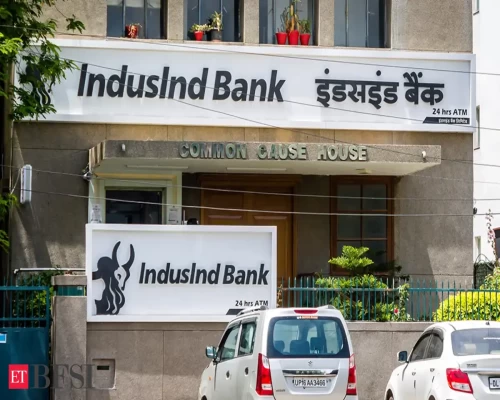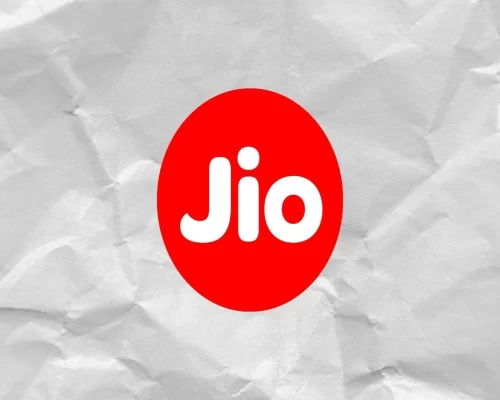
New Delhi: The Department of Consumer Affairs, Government of India, has announced the Safety Pledge for e-commerce platforms, which will be adopted by major platforms like Ajio, JioMart, Netmed, BigBasket, Tata Cliq, Tata 1mg, Zomato, and Ola on National Consumer Day, 24 December 2024.
The Safety Pledge is a voluntary initiative by e-commerce platforms aimed at detecting and preventing the sale of unsafe, spurious, and non-conforming products. It emphasises cooperation with statutory authorities responsible for product safety, raising awareness among sellers, and empowering consumers on product safety.
In a significant move to safeguard consumer interests, the Department of Consumer Affairs initiated the process for the Safety Pledge through a stakeholder consultation held on 16 November 2023. Subsequently, a committee was formed on 21 November 2023 under the chairmanship of consumer activist and journalist Pushpa Girimaji. The committee included representatives from major e-commerce entities, industry bodies, and legal experts and was tasked with drafting the pledge. After an extensive consultative process and scrutiny by the department, the final draft has been prepared.
Globally, many jurisdictions have encouraged e-commerce platforms to adopt voluntary safety pledges as an informal commitment to proactively address issues of liability, especially in cases where the actual seller is untraceable or unwilling to accept responsibility. The unique nature of e-commerce, which does not allow physical examination of products before purchase, highlights the critical need for adherence to safety standards and regulations to protect consumers.
The sale of unsafe or non-compliant products on e-commerce platforms poses significant risks to consumers’ safety and well-being, particularly for items that must conform to standards under Quality Control Orders. This issue gains prominence in India, which has over 880 million internet users and is projected to host the world’s second-largest online shopper base, with an estimated 500 million shoppers by 2030.
The Consumer Protection Act, 2019, recognises the importance of product safety. Section 2(9) of the Act defines consumer rights to include protection against hazardous goods, as well as the right to be informed about the quality, quantity, and standards of products to safeguard against unfair trade practices. Misrepresentation of a product’s quality, quantity, or other attributes constitutes unfair trade practice under Section 2(47) of the Act. Additionally, goods that fail to meet mandatory standards are deemed defective under Section 2(10).
The Consumer Protection (E-commerce) Rules, 2020, also mandate e-commerce entities to refrain from adopting unfair trade practices and to ensure compliance with legal and safety requirements. The Safety Pledge aligns with these duties, reinforcing the commitment of e-commerce platforms to prioritise consumer safety.
BI Bureau












